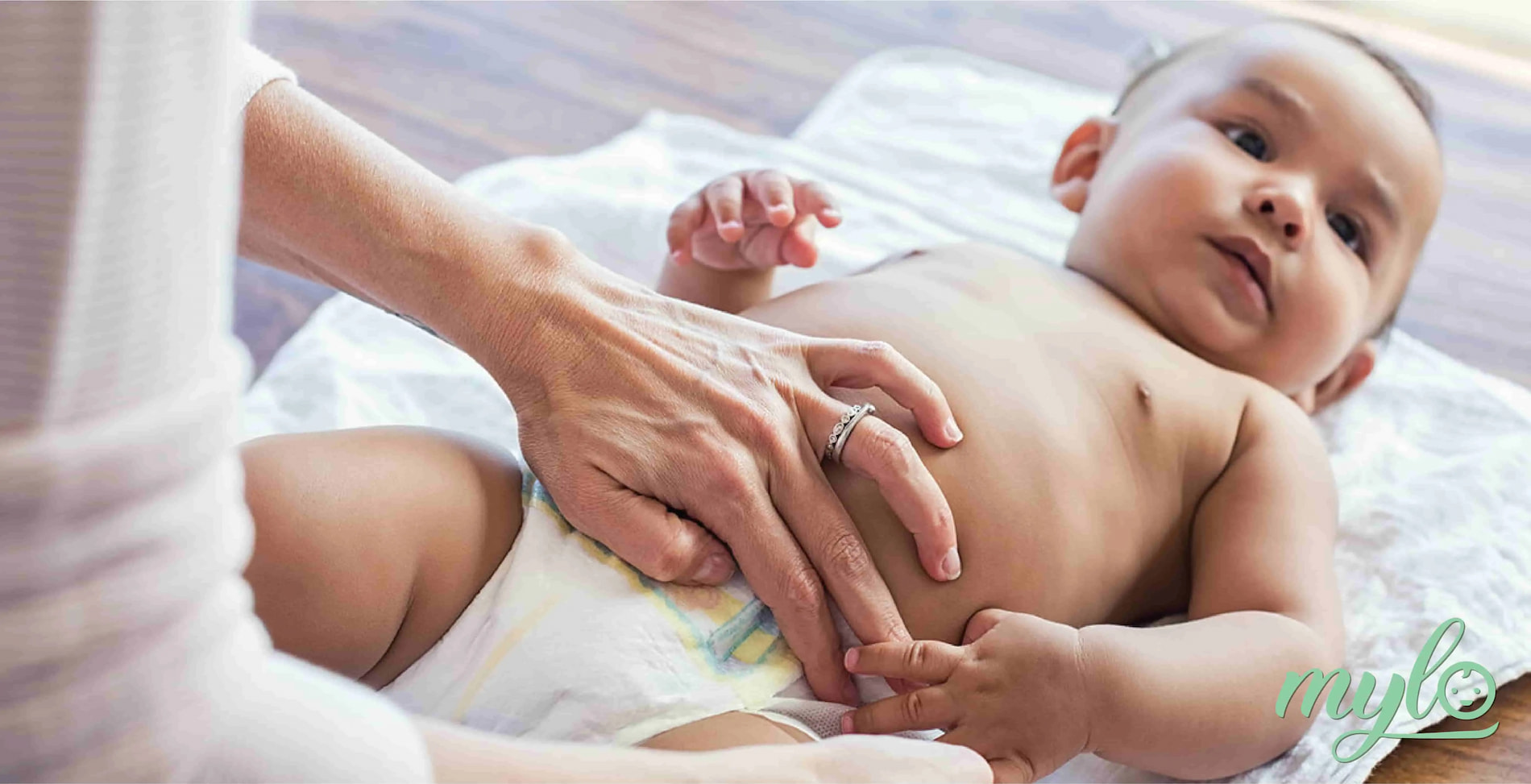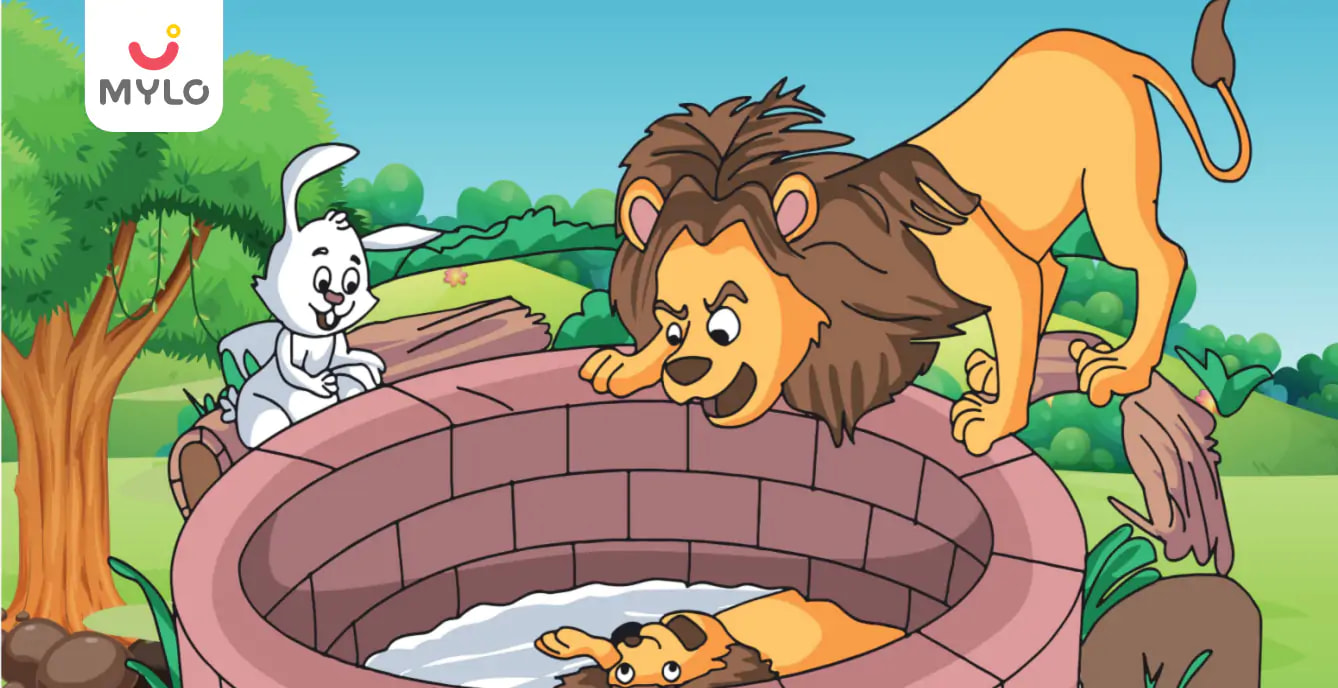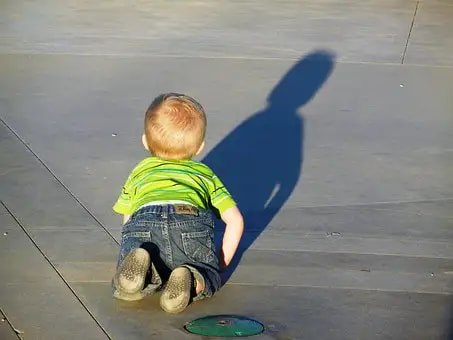Home

Illnesses & Infections

Educating Your toddler about Covid
In this Article
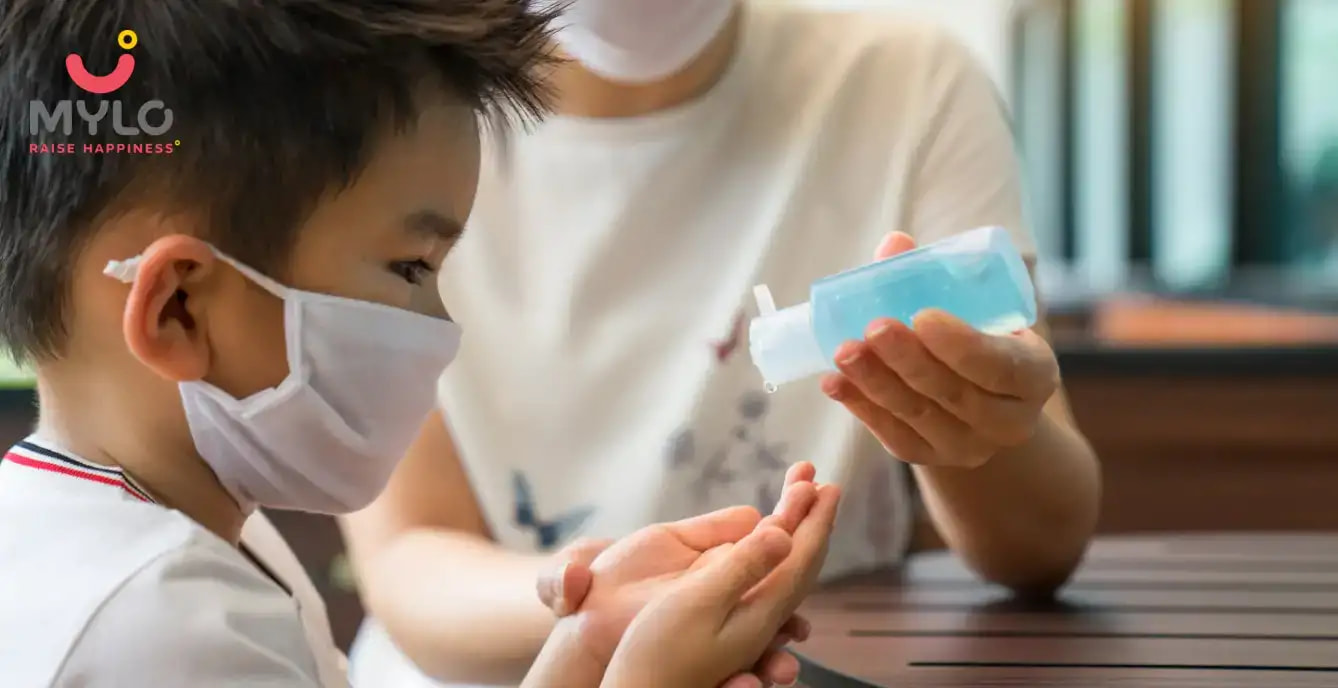
Illnesses & Infections
Educating Your toddler about Covid
Updated on 29 January 2022
How should I speak to my toddler about natural disasters or a pandemic?
Be brief and reassuring. When discussing a natural disaster or pandemic, you may hear a lot of "why" questions, such as, "Why did that river get flooded? Why did the buildings fall down? Why are people getting sick?"
Keep your answers as straight and as simple as possible: "There was so much rain that the river couldn't hold it all, and some of the water went up on the land." "The ground shook so hard that the buildings couldn't stand up anymore." "Germs travel from one person to the other, and when they visit someone that person gets sick."
Emphasize that tragedies like these are rare.
An underlying concern for your child is, "Am I safe?" Reassure her that she's secure, and that you and the rest of the family are too. "We're all okay, and we're going to be okay" are important words for her to hear.
Validate her feelings. Resist the urge to say, "Don't be sad or scared." Her feelings are real and she needs to be able to express them. Instead help her to express what she is feeling whether it is through words, drawings or imaginary play.
Tell her about help and support groups. As adults, it's sometimes hard to be reassuring in the face of our own anxieties. But you can tell your child (and remind yourself) that lots of people are working to keep us safe. Talk about the ways in which everyone from the government, the police, doctors and other help groups are concentrating on ways to make people better and prevent future disasters.
Be ready to revisit the topic again and again. Don't be surprised if your toddler asks the same questions repeatedly. She doesn't understand permanence yet, so even though she's heard about deaths or buildings falling down, she expects things to magically return to normal soon and may be confused when they don't. She may keep asking about the situation, especially if she sees that it's ongoing.
Explain your own feelings. Your toddler still looks to you for everything important and will take her cues from your reactions. She is likely to reflect your fears and anxieties. You can explain some of your emotions so that your child understands that it is alright to be afraid or sad. But try to save your strongest reactions for times when she's not around.
How can I explain the loss of life she may hear us speak about?
It's normal for your child to be curious about death. Most young children are aware of death from early on. They hear about it in fairy tales, see it on television, and discover dead insects and birds when they're out and about. Your child may even have already experienced the death of a pet or a family member.
Despite this, there are aspects of death that toddlers are simply too young to understand. They can't grasp that death is permanent and that it happens to everyone at some point. No matter how many times you explain it, young children can't really get to grips with why death happens.
It will help if you give your child a little bit of information at a time. If you say too much in one go, she may become confused and upset because she doesn’t understand.
It's most helpful to explain death in terms of physical functions that have ceased, rather than launching into a complicated discussion of a particular disaster: "Now that people have died, their body has stopped working. They can't walk, run, eat or sleep any more, but they won’t feel any pain."
Common adult phrases for death, such as "passed away", "no more" or "gone to sleep" can be confusing or misleading for a young child. Your toddler may worry that going to bed at night means she'll die too. Try sticking to describing it as having died or being dead. It may seem harsh, but it will make much more sense to your toddler. It helps her differentiate between situations if you use distinctly different words for them.
Children experience grief differently from adults and may react in a variety of ways. Your child's reactions can range from great distress, to fear for herself, to seeming not interested at all. She may at times even seem uncaring or cold. She might ask some very blunt questions or ask for details about the death. She's just trying to understand better what has happened.
As a way of trying to understand, your child may ask the same questions over and over again, so you might find your patience being put to the test.
It can be hard for you to speak often about something that is troubling you and that you might be trying not to think about. But avoiding answering or trying to change the subject might only increase her desire to know more and find answers.
There is no need to give a long explanation about the situation. Sometimes, just seeing that you're listening and answering, even if it's short, is enough. At other times you can start by asking her to answer her own questions: “What do you think?” and then build on your child's answer. If you don't know the answer to what she’s asking, be honest and say so.
Your toddler is likely to come up with new questions as her awareness of death and her cognitive skills grow. Don't worry if you feel you didn't explain adequately the first time. Just keep answering your child's questions as patiently as you can.
Toddlers often engage in role play as part of their development. Your toddler may start pretending that some of her toys have died or even play dead herself. Even if it strikes you as morbid, try not to discourage her, as it’s her way of working through her feelings.
How will my child react to a natural disaster?
When disaster strikes, it can affect young children profoundly. It doesn't matter whether the disaster is natural (a flood, earthquake or a fire) or man-made (a terrorist attack or a riot) — it undermines a child’s deep need to see the world as a safe and predictable place.
A toddler may have a range of reactions. If she's not directly affected by the event, and she hasn't been exposed to repeated television images of it, she may have little or no reaction. In fact, a toddler is likely to react more to her parents' distress than to anything else.
In such a case, the best thing you can do is limit your child's exposure to scary and repeated images on television. Repetitive newscasts increase a child's stress and may confuse her into thinking that a single disaster happened over and over again.
If your child has experienced a natural disaster first hand, she may be more deeply affected and show any of the following reactions:
- fear and anxiety of it happening again
- separation anxiety
- changes in sleeping and eating patterns
- increased activity levels and less concentration
- withdrawal
- sensitivity to loud sounds
- emotional outbursts
Children dealing with other traumas at the same time — such as a divorce or a death in the family — are more at risk for anxiety. But even if everything else in her life is fine, your toddler is likely to show signs of regression when faced with a traumatic event.
She may act younger than usual, whine or cling more, fall back in toilet training, or wake up more frequently in the night. It's hard on you, but it's normal for her — she's trying to revert to a time when she was younger and felt safer.
Children of all ages commonly imagine immediate risk to themselves and their loved ones. Your toddler wouldn’t understand that her grandparents live on the other side of the city from the site of the disaster, or in a completely different city all together. Try to reassure her as much as possible that you and your loved ones will be fine.
Children who've heard about upsetting events may become fearful of strangers, monsters, darkness, or other unknowns. After all, these phantoms are easier to contemplate than the concepts of terrorism or natural disaster.
How can I help my child get over her reactions to the disaster?
If your toddler has experienced the disaster directly, the best you can do is help her face her fears and process the reactions she is naturally having to the trauma. It is important for you to soothe her and make her feel that she is safe now and that everything will return to normal soon. However, avoid telling her that it will never happen again. It might undermine your attempts at comforting her the next time it does happen.
Give her lots of hugs and cuddles
She can get a lot of comfort by being held by you or your husband. She gets a sense of security by being near to you.
Use plenty of nonverbal reassurance
Some of your best clues about your child’s anxiety level will come out nonverbally — through play, sleeping and eating patterns, and whether or not she becomes whiny or clingy or regresses in other ways. Her anxiety can be expressed in angry or sad scribbles and drawings, or unusually withdrawn or aggressive play with other children.
It's important to respond to her nonverbally as well. Understanding that these changes in her behaviour are linked to the trauma she has been through will help you respond in a gentle and reassuring way.
Continue with the daily routines
Try to stick to normal routines to bolster her sense of security in her familiar daily life. After a disaster, one of the greatest losses, other than loss of life, is loss of control. Children have almost no control over their lives, and when they see that their parents don't have any, either, it becomes incredibly frightening to them.
The most important place to exert control is over your daily household routines. Don't skip meals or naps and keep to her regular bath and bed times.
Play with a child who can't talk yet
Even if your child is too young to ask detailed questions or express her feelings, she may still be fearful or worried by the atmosphere around her. To help a young child express her feelings, get on the floor and start playing — doing puppet shows, drawing pictures, and reading books can help small children get those emotions out. If your child draws pictures and then wants to tear them up, that's okay. It's a perfectly natural, physical way to deal with frustration and anxiety.
You can also consider setting up a play situation in which your child can scare you. If you then act really scared but in a lighthearted way, she'll be able to laugh about seeing someone bigger in a vulnerable position. Experts suggest that this can help the child regain a sense of power and allow them to work out their fears.
Have confidence in your ability to help
As a parent, you have the challenge of helping your child feel secure when you may be feeling insecure yourself. Remember that limiting access to repetitive and scary news reports, sticking to comforting routines, and finding concrete ways to help victims (such as packing up extra clothes and household items to send to people who lost their homes, contributing to collection drives, and the like) will reassure you as well as your child.



Written by
Priyanka Verma
Priyanka is an experienced editor & content writer with great attention to detail. Mother to an 11-year-old, she's a ski
Read MoreGet baby's diet chart, and growth tips

Related Articles
Related Questions
Hello frnds..still no pain...doctor said head fix nhi hua hai..bt vagina me pain hai aur back pain bhi... anyone having same issues??

Kon kon c chije aisi hai jo pregnancy mei gas acidity jalan karti hain... Koi btayega plz bcz mujhe aksar khane ke baad hi samagh aata hai ki is chij se gas acidity jalan ho gyi hai. Please share your knowledge

I am 13 week pregnancy. Anyone having Storione-xt tablet. It better to have morning or night ???

Hlo to be moms....i hv a query...in my 9.5 wk i feel body joint pain like in ankle, knee, wrist, shoulder, toes....pain intensity is high...i cnt sleep....what should i do pls help....cn i cosult my doc.

Influenza and boostrix injection kisiko laga hai kya 8 month pregnancy me and q lagta hai ye plz reply me

RECENTLY PUBLISHED ARTICLES
our most recent articles
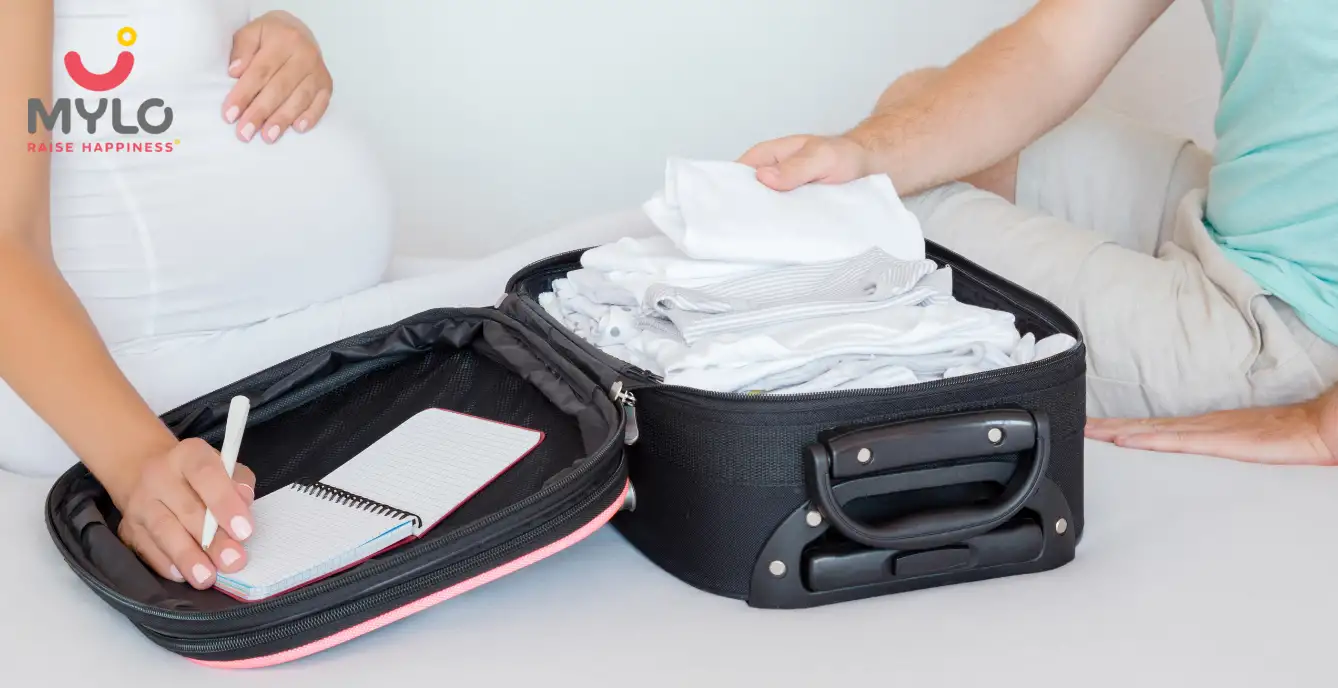
General Father
How to pack your wife's hospital bag

General Father
How to Travel with a Baby for a New Father

General Father
Looking for a perfect name for your baby? Here's how you can find it
Diet & Nutrition
14 Month Old Baby Food Chart/Feeding Schedule – Week 2
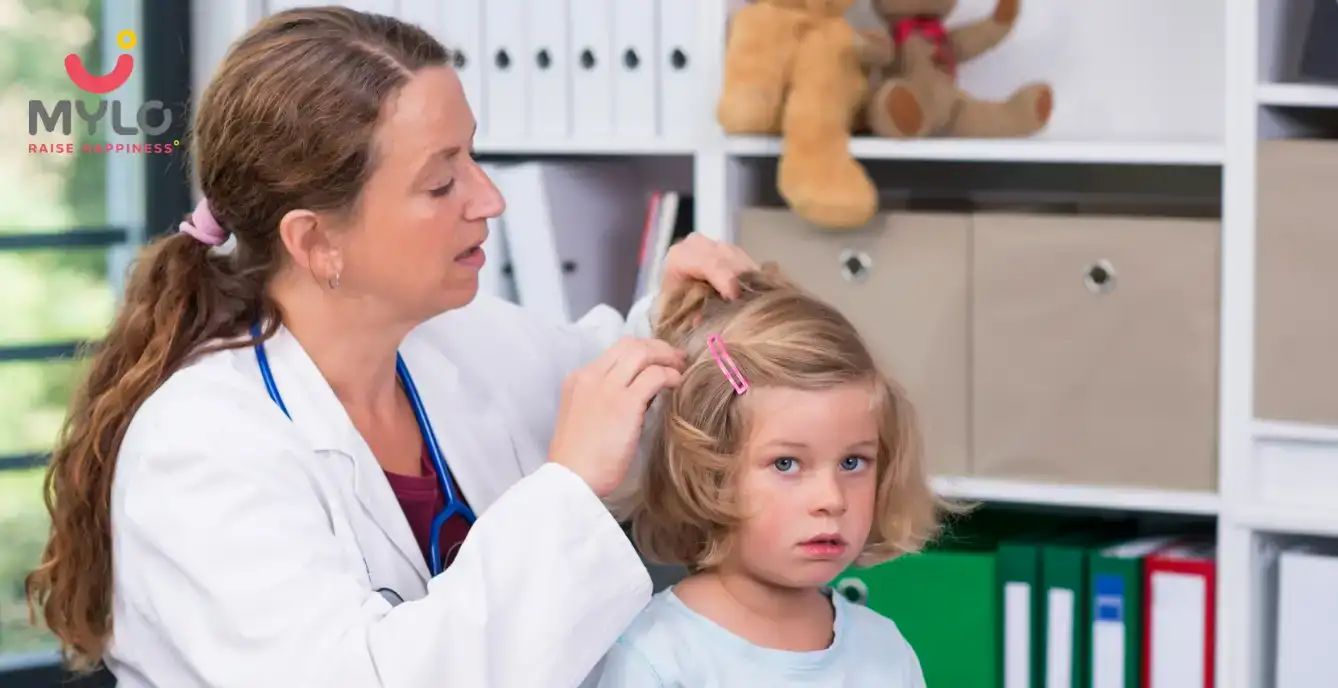
Daily Care Tips
How to treat head lice & nits in babies
Emotions & Behaviour
Top 7 Secrets of your baby's behavior
- Top Gadgets for Every New Parent
- New Mom Diet Plan – Month 11 Week 43
- 13 Month Old Baby Food Chart/Feeding Schedule – Week 3
- 13 Month Old Baby Food Chart/Feeding Schedule – Week 1
- Baby Diet Plan - Month 13
- What to do if my child has dengue
- Worried about how to ease your wife's backache during pregnancy? We will love to help you.
- Wondering how many times can a newborn drinks mother's milk? Let us know.
- New Mom Diet Plan – Month 12 Week 46
- Is your wife complaining about pain near the belly button? Here's what you should do.


AWARDS AND RECOGNITION

Mylo wins Forbes D2C Disruptor award

Mylo wins The Economic Times Promising Brands 2022
AS SEEN IN

- Mylo Care: Effective and science-backed personal care and wellness solutions for a joyful you.
- Mylo Baby: Science-backed, gentle and effective personal care & hygiene range for your little one.
- Mylo Community: Trusted and empathetic community of 10mn+ parents and experts.
Product Categories
baby carrier | baby soap | baby wipes | stretch marks cream | baby cream | baby shampoo | baby massage oil | baby hair oil | stretch marks oil | baby body wash | baby powder | baby lotion | diaper rash cream | newborn diapers | teether | baby kajal | baby diapers | cloth diapers |



